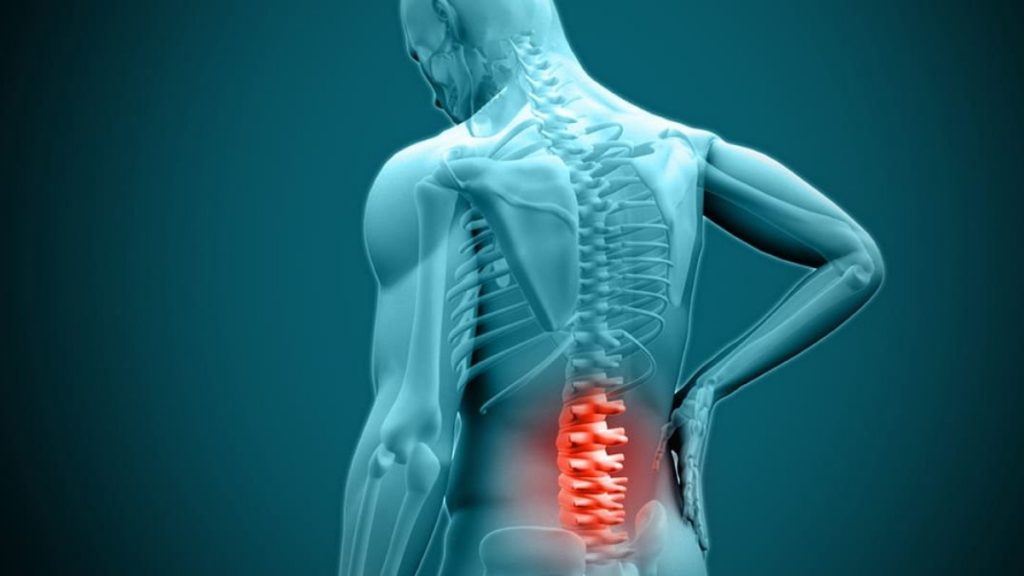A herniated disc is one of the most common causes of lower back pain. Fortunately, the condition is treatable after an accurate diagnosis. The Atlanta herniated disc specialists can help you tell if your low back pain is due to herniated disc and help you get relief through conservative therapies. The condition is mainly related to aging, injury, or overuse, where the jelly-like substance is cushioning your vertebrae to the spine raptures. Although some people expect low back pain to go away, it is crucial to seek an expert diagnosis. Here is what can happen during your diagnosis appointment.
Medical History Review
You must bring your medical history to your doctor during your herniated disc consultation appointment. Ensure you include all the health complications you might have recently endured or are currently suffering. It will help your doctor rule out or confirm them as the cause of your symptoms. For example, osteoporosis often has similar symptoms to a herniated disc. Additionally, research your family history since your chances of having herniated disc increase when you have a close relative with the condition.
Physical Inspection
You can expect your doctor to feel your back for tender spots during your appointment. They will feel your back with their hands along the spine and mark the painful areas. Your doctor can also ask you to change positions or move your legs around to know the location of your pain. It will also help them understand how the symptoms affect you and impact your mobility.
Neurological Exam
Your doctor might suggest a neurological exam to understand how your reflexes work and evaluate your muscle development. Although the test might sound scary, it is non-invasive and painless. Your doctor will also check your posture and balance and assess how you react to sensations like vibration, touch, and pinpricks. This will help your doctor determine if the discs pressure your nerves.
Motion Tests
Herniated discs affect the range of motion. Therefore, your doctor might ask you to do a range of motion tests. This includes bending and moving side to side at different joints. Your doctor will observe how limber you are and how freely you move. Ensure you notify them when you experience pain during the movements.
Leg Raise Test
Your doctor can ask you to lie back on a table and raise your leg slowly until you can feel pain. They will mark the angle at which you start feeling the pain to determine if a herniated disc is responsible. In most cases, you might have a herniated disc if you start feeling pain between 30–70-degree angles. However, this test is not reliable if you are over 60.
X-Ray
Your doctor can order an x-ray to rule out other possible causes of low back pain when they are unsure your symptoms are due to herniated disc. The x-ray can look for tumors or broken bones, which can cause low back pain. It can also show compressions on your nerves to confirm or rule out herniated discs. Your doctor can also order a CT scan or MRI for more details about your spine.
If you are experiencing low back pain, there are many possible reasons why it could be hurting, including a herniated disc. Get in touch with Polaris Spine & Neurosurgery Center specialists for accurate diagnosis and effective treatment. You can book your consultation appointment online.

